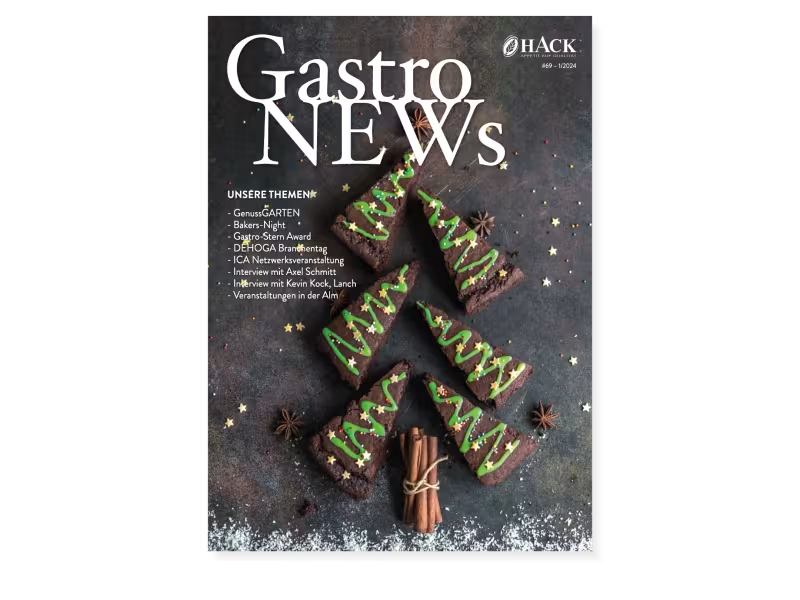
SHERIDAN, WYOMING – September 16, 2025 – Berlin-based foodtech startup Lanch is reshaping the quick-service dining landscape with a strategy that fuses influencer-driven branding, ghost kitchens, and retail diversification. In less than three years, the company has expanded from two virtual restaurant brands to a multi-channel network spanning delivery, physical stores, and supermarket shelves.
Rapid Market Entry Through Influencer Partnerships
Founded in 2022, Lanch leveraged partnerships with high-profile influencers such as Jens “Knossi” Knossalla, Trymacs, and rapper Luciano, collectively reaching over 10 million followers. This digital visibility enabled the company to launch pizza brand Happy Slice across 70 locations in 54 cities overnight, followed shortly by chicken concept Loco Chicken, scaling to nearly 100 kitchens in just four months.
By mid-2025, Lanch products were prepared in over 300 partner restaurants across 238 cities. “Our promise is simple: we increase restaurant utilization, generate incremental revenue, and handle logistics with minimal complexity,” explained co-founder and CRO Kevin Kock. “We train the staff, deliver fresh ingredients twice weekly, and ensure payouts twice a month.”
From Virtual Kitchens to Flagship Stores
Despite ghost kitchens being at the core of its model, Lanch has increasingly moved into physical quick-service outlets. Its first Loco Chicken restaurants opened in Berlin, Düsseldorf, Frankfurt, and Cologne, with additional sites planned for Dortmund, Hanover, Nuremberg, and Wuppertal. The company targets 35 QSR stores by the end of 2025.
The transition was driven by consumer demand: a Berlin pop-up for Loco Chicken generated six-figure monthly sales in a secondary location, highlighting appetite for physical brand experiences.
Diversification Into Retail Channels
Beyond delivery and dine-in, Lanch has also entered the consumer packaged goods (CPG) market. Its Happy Chips are now available in approximately 14,000 supermarkets across Germany, including Edeka and Rewe. A retail line tied to Loco Chicken is already under development, underscoring the company’s intent to diversify risk and expand customer touchpoints.
Operational Discipline Meets FoodTech Ambition
While Lanch’s marketing reach has accelerated growth, the company emphasizes operational quality and process control. Co-founder and Chief Culinary Officer Dominic Kluge, a former Ritz Carlton chef and Delivery Hero executive, ensures recipes and sourcing meet high culinary standards. Signature pizzas are hand-stretched in Naples before being frozen and shipped to Germany, preserving authenticity at scale.
Technology also plays a pivotal role. Lanch has developed proprietary software to monitor kitchens, manage performance, and maintain standards across its decentralized partner network.
Industry Implications and Competitive Pressures
The aggressive model poses questions for traditional QSR incumbents. Unlike small independents, which Lanch positions as partners, major chains face direct competition. “We believe the young generation craves fresh, digital-native brands. The market is large enough for new entrants, but we are confident challenging established players on quality,” said Kock.
Strategic Outlook
As ghost kitchens mature, Lanch’s hybrid approach—digital-first scaling, physical brand presence, and retail integration—illustrates a path toward sustainable differentiation. For investors and operators, the company’s model highlights the importance of influencer marketing, supply chain resilience, and brand extension beyond delivery platforms.
Learn more at www.lanch.com.